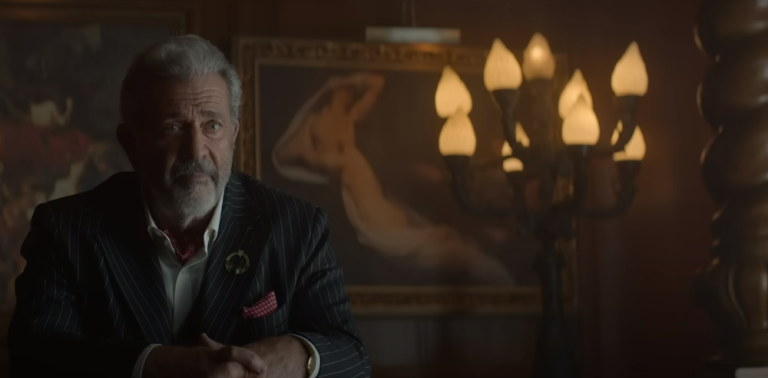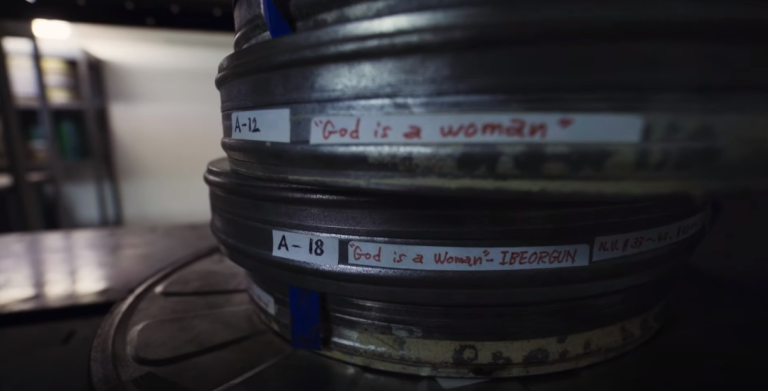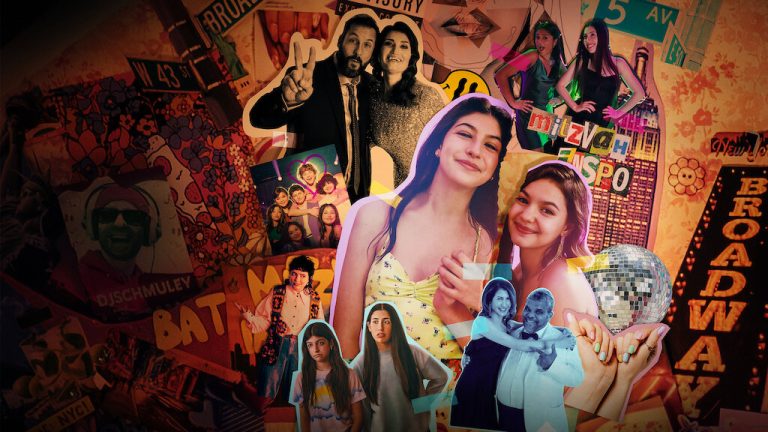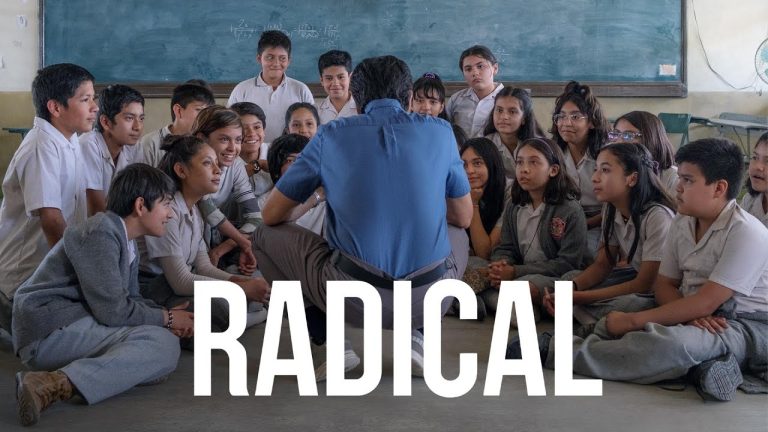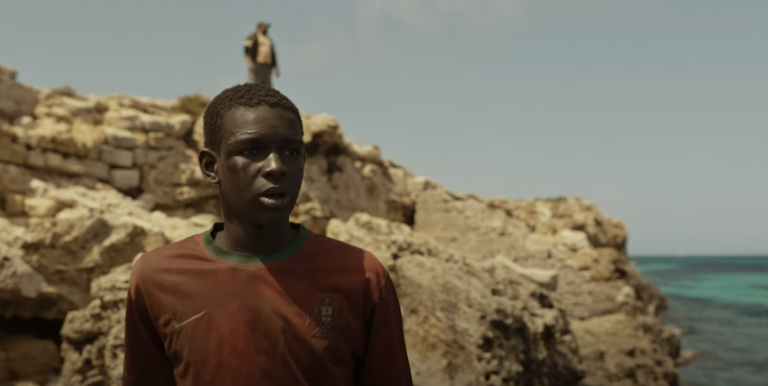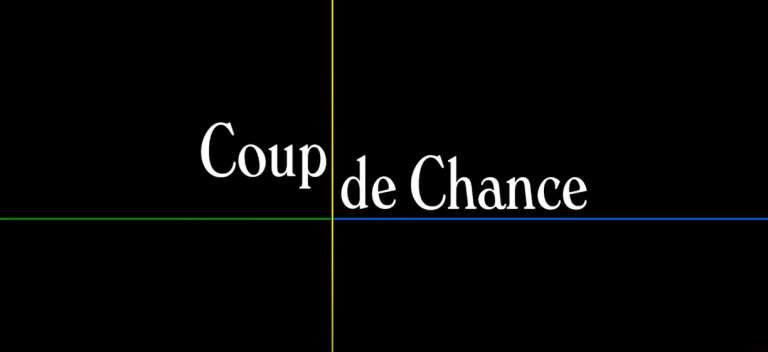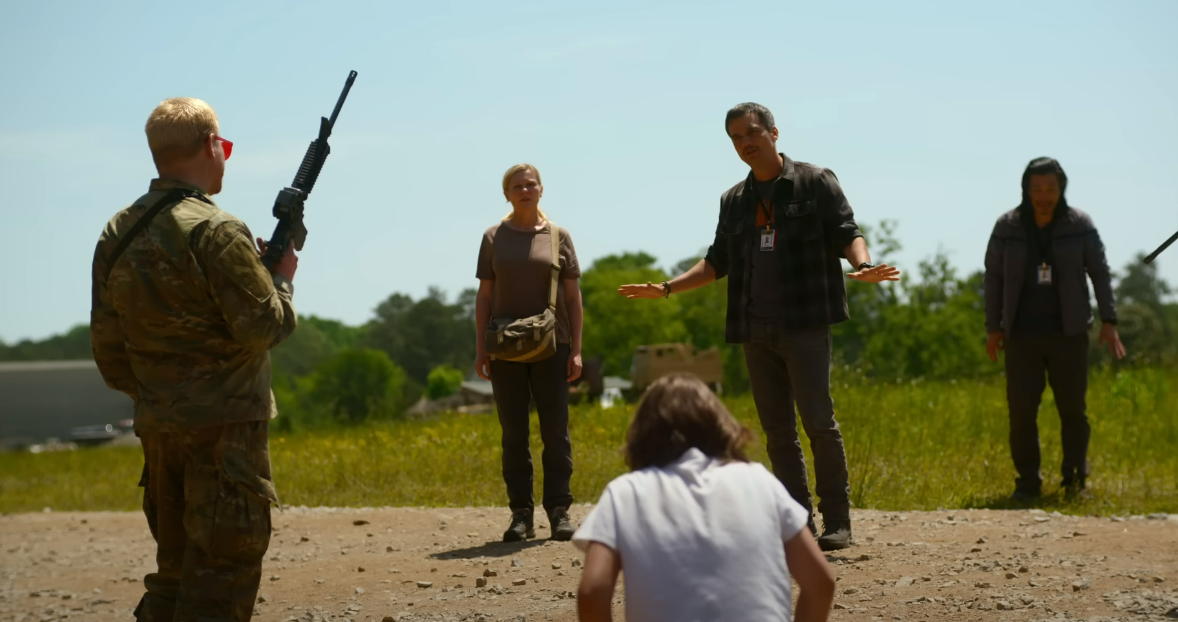
The recently premiered film “Civil War” by Alex Garland has ignited heated debates across the US, with audiences categorizing it into three distinct viewpoints. Firstly, some view it as a cautionary tale illustrating a future America torn apart by division. Others perceive it as a technically impressive yet politically ambiguous work, relying heavily on disturbing imagery. Lastly, there are those who find it visually stunning but question its depth, labeling it as a potentially shallow spectacle.
However, beneath these surface interpretations lies a deeper narrative exploring the ethical dilemmas faced by journalists in a futuristic America. Drawing parallels to classic films centered around journalists navigating the tumultuous downfall of foreign nations such as “The Year of Living Dangerously” and “Salvador,” “Civil War” delves into the complexities of journalistic integrity amidst societal upheaval.

“Civil War” may initially strike viewers as unconventional, yet it quickly establishes itself as an incredibly convincing and disturbing cinematic experience. Alex Garland’s latest offering possesses a unique energy, distinct from his previous works, yet still manages to carve out its own identity while drawing inspiration from a plethora of films and novels.
At its core, the film delves into the psyche of journalists consumed by the pursuit of the ultimate scoop, regardless of the ramifications. These pure reporters are driven by the adrenaline rush of danger and the allure of uncovering the truth, often at the expense of acknowledging the violence they document. In many ways, they mirror the ethos of war correspondents, becoming engrossed in their work and detached from the broader political implications of their actions. “Civil War” masterfully navigates this complex terrain, providing a gripping portrayal of individuals caught in the throes of their own professional and moral conflicts.
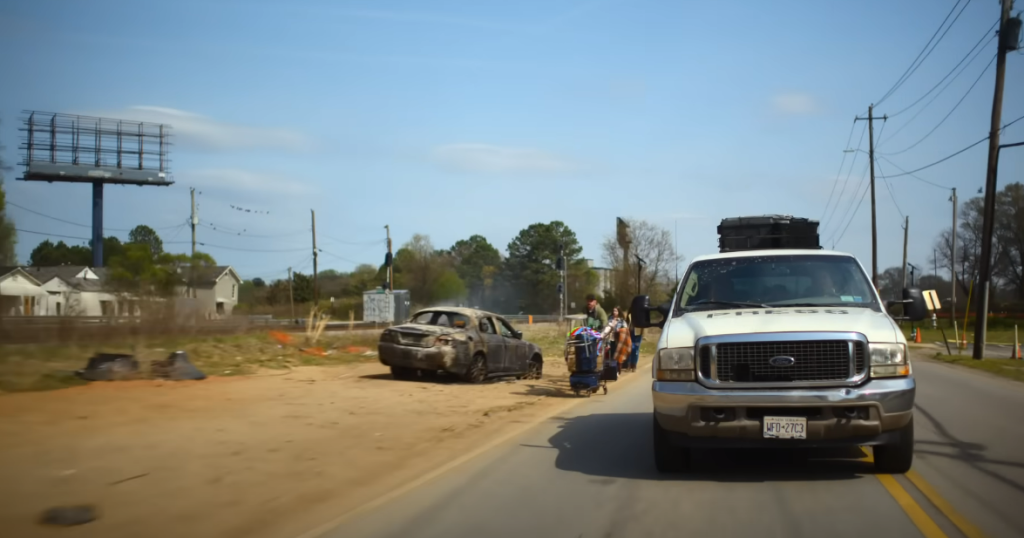
In “Civil War,” the central characters are four journalists thrust into the chaos of covering a conflict erupting in New York City. Kirsten Dunst takes on the role of Lee, a distinguished white female photojournalist partnered with Joel, a seasoned reporter hailing from South America and working for Reuters. Their team is bolstered by Sammy, an experienced African-American journalist still writing for the remnants of the New York Times.
Their ranks are further expanded by Jessie, a youthful journalist who holds Lee in high regard. Together, they embark on a journey to Washington, D.C., intent on securing an interview with the president before he capitulates to the WA—a coalition formed by militias from California and Texas, with additional backing from a separatist faction in Florida.
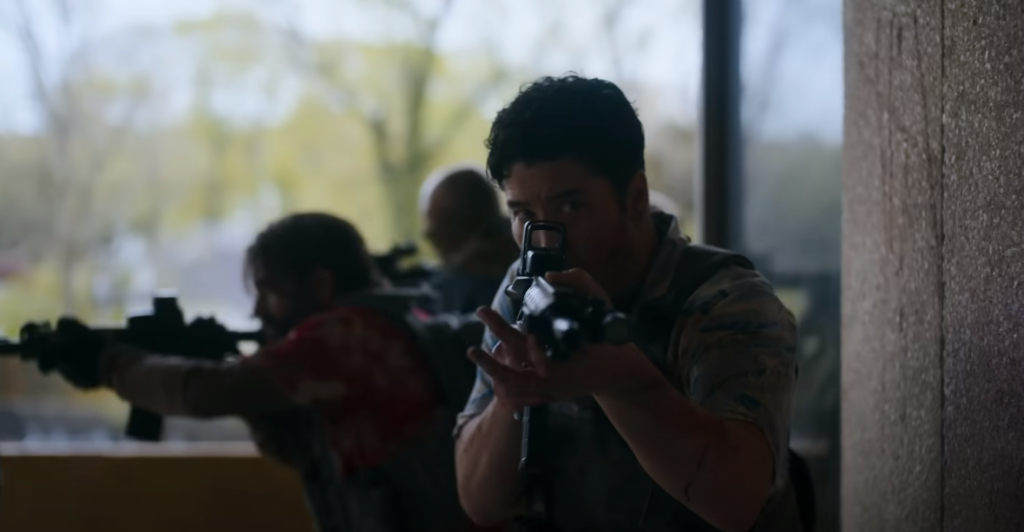
Despite the initial scrutiny surrounding the first trailer for “Civil War,” the actual film surpasses early reactions by offering a more politically insightful narrative. While certain criticisms regarding its portrayal of US politics may appear valid initially, the movie delves deeper into plausible scenarios, reflecting real-life tensions simmering between different regions of California and Texas, where political allegiances are in flux.
Although the president is labeled as fascist, the film leaves room for interpretation regarding the seriousness of this accusation, drawing parallels to similar critiques leveled against both Trump and Biden. However, “Civil War” transcends mere diagnosis of America’s issues; it prioritizes complexity over simplistic analysis. While it could be simplified as a commentary on US politics, the film challenges viewers’ preconceived notions, delivering unexpected twists and defying typical genre conventions.
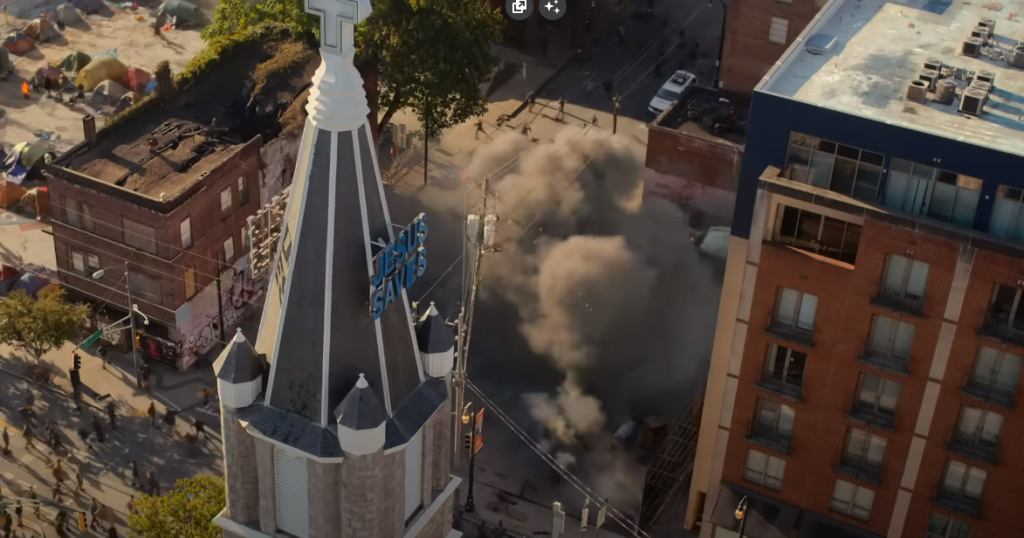
As an English filmmaker, Garland doesn’t shy away from painting specific visions of the future; instead, he embeds them subtly within the fabric of his narrative. “Civil War” meticulously constructs tension until it’s explosively unveiled through Jesse Plemons’ character, a soldier who symbolizes the societal decay. His interrogation of a diverse group of journalists echoes the intensity of Gene Hackman’s character in “The French Connection,” further heightening the film’s suspense.
Lee, propelled into fame by a photo capturing the “Antifa massacre,” is briefly referenced in the film. While the term may evoke various interpretations among viewers, as the story unfolds, the truth behind the event becomes clearer, particularly through Plemons’ riveting performance and the gripping finale set amidst a coup in Washington.
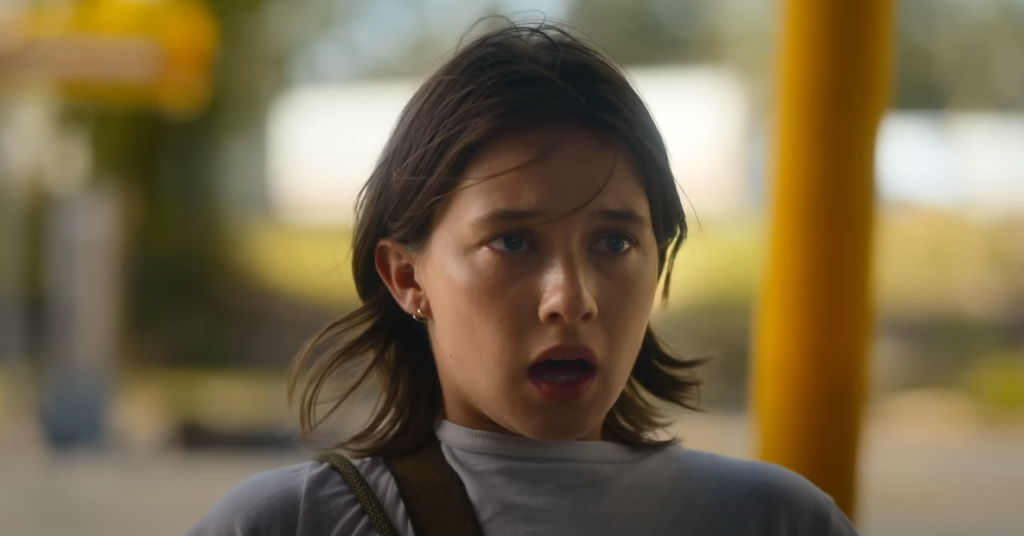
In “Civil War,” characters refrain from constantly spoon-feeding the audience with explanations about the world, mirroring the behavior of real individuals grappling with crises in various global hotspots like Gaza, Ukraine, Argentina, or Myanmar. The film immerses viewers in a future where retrospection on past events is paramount, akin to the epic statements made by films such as “Apocalypse Now” or “Full Metal Jacket,” albeit set in a fictional American Civil War scenario.
While Garland’s reputation primarily stems from his acclaimed work in science fiction, including titles such as “28 Days Later,” “Sunshine,” “Dredd,” “Ex Machina,” and “Annihilation,” “Civil War” diverges from strict adherence to the genre. Despite boasting masterful world-building, the film doesn’t hinge solely on speculative or science fiction elements. Instead, it focuses on crafting a narrative rich in metaphors and visceral experiences, offering audiences a profound exploration of societal themes amidst a backdrop of intense conflict.
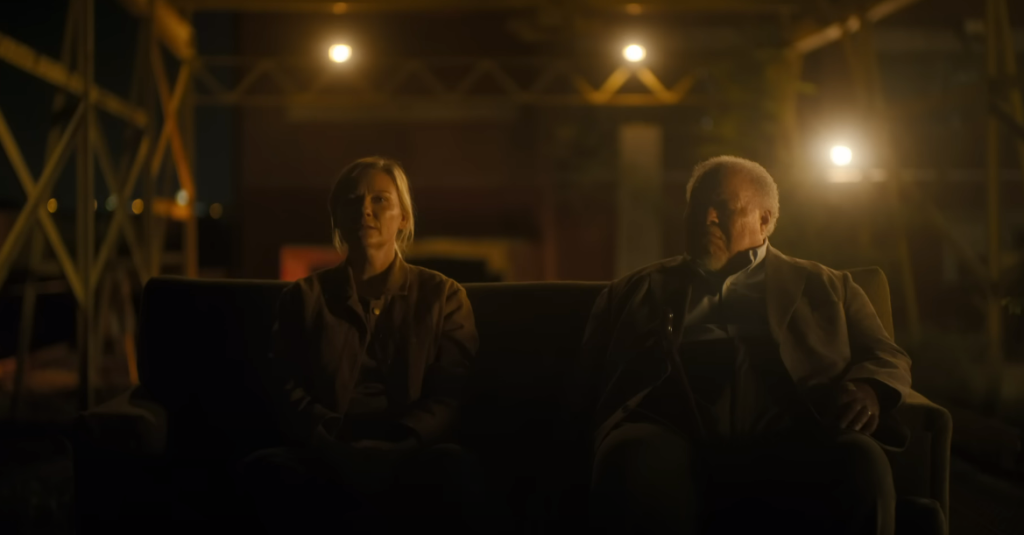
In “Civil War,” viewers are immersed in the tumultuous world of journalists navigating the collapse of their homeland, driven by an unwavering commitment to capturing the unfolding story despite grave personal risks. The film provokes introspection on journalistic ethics and neutrality, challenging whether storytellers should merely document events or take a stand. Within the narrative, contemporary journalism’s internal conflicts are laid bare, prompting reflection on whether the highest duty of a storyteller is to impartially report facts or to advocate for a cause.
Purposefully withholding significant plot details, this review aims to preserve the freshness of the viewing experience. “Civil War” unfolds as a riveting journey where characters confront moral, ethical, and physical trials in a series of gripping moments. The culmination in the final section delivers a profoundly unsettling revelation, leaving a lasting imprint of self-realization on the audience.

| Aspect | Description |
|---|---|
| Genre | Journalistic ethics drama set in a future US |
| Director | Alex Garland |
| Themes | – Journalistic ethics and neutrality – Impact of storytelling on societal divisions – Exploration of journalistic mindset – Political tensions and societal decay |
| Characters | – Lee (played by Kirsten Dunst), a renowned photojournalist – Joel, Lee’s South American partner at Reuters – Sammy, an older African-American journalist from the New York Times – Jessie, a young journalist admirer of Lee |
| Setting | Future US with tensions between different regions, reflecting real-life political shifts |
| Plot | – Four journalists cover a clash in New York City – Travel to Washington, D.C. to interview the president amid a coup – Reveals tensions between different factions and the decay of society |
| Visuals | Visually stunning with intense and disturbing imagery |
| Director’s style | – Known for science fiction, Garland’s first foray into journalistic drama – Masterful world-building, not the primary focus |
| Reception | – Debates among viewers regarding its themes and portrayal of US politics – Initially criticized for being politically vague, but deeper exploration reveals insightful commentary – Unique and powerful, stands out in Garland’s filmography |

